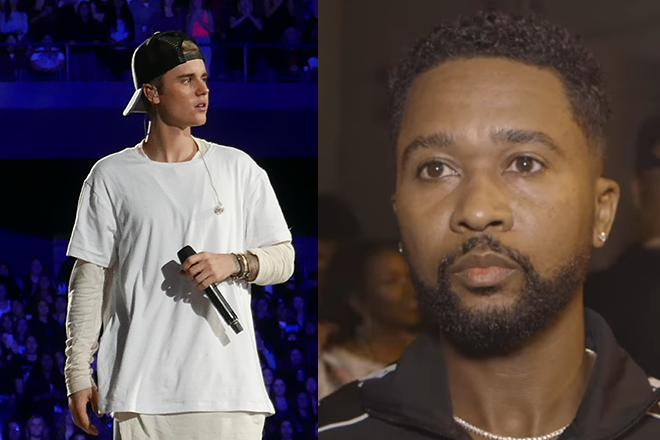Why are so many musicians selling off the rights to their back catalogues?
Justin Bieber, Stevie Nicks and Shakira have all sold the rights to their back catalogues in recent times – what is the reason behind the trend?

Tuesday (January 24) was a big day of trading in the music money world. Pop superstar Justin Bieber (pictured) sold off the rights to his back catalogue of music for a reported $200 million to Hipgnosis Songs Capital – a company formed in 2018 by Chic guitarist Nile Rodgers.
So too did US producer and DJ Zaytoven (pictured) – who has collaborated with the likes of Future, Travis Scott and Migos – who sold his catalogue to Ultra International Publishing, as well as progressive rock pioneers Yes, who sold their rights to Warner Music Group.
They join a growing list of artists who have exchanged the rights to their back catalogues of music over the past couple of years, including Shakira and Justin Timberlake, as well as older music industry titans Bob Dylan, Bruce Springsteen, Stevie Nicks and Paul Simon.
Read this next: Zaytoven's gospel roots are at the heart of his banging trap and hip hop
So why are big artists, at different stages of their careers, selling off the rights to their discographies? Why do companies want to pay so much for them? And what does it mean for the future?
With streaming becoming the most popular way for consumers to listen to music, it’s changed our habits and brought new life to older tracks and albums.
Now, with algorithms and classic songs available just a click away, it means music from bygone eras are more easily accessible than ever – and will stay valuable and evergreen for much longer than in the past.
Read this next: One in every 25 vinyl albums sold in USA in 2022 was by Taylor Swift
It means artists are being offered sums in the region of 20 to 30 times the annual value of their royalties from streaming – a hard offer to turn down, especially if the musician is into their 70s, like Bob Dylan and Neil Young are.
New platforms, including TikTok, where older songs – such as Fleetwood Mac’s ‘Dreams’ – have gone viral, mean that companies have seen the benefits of betting big on older discographies.
But why would Bieber, Zaytoven and Shakira – young artists with plenty of music still left in them want to sell up? At a time when incomes have been squeezed by streaming and tours still recovering post-pandemic, it gives artists freedom according to one analyst.
Read this next: How emerging DJs are using TikTok to reach millions
Commenting on Bieber’s transaction Joe Wadsworth, founder of The Online Recording said: “This sale represents a huge shift in the music industry economy. Rather than a music legend seeking one big payday by selling their rights after a long career, this is an artist at the peak of their musical and commercial powers.
“At just 28, Justin Bieber has one of the most loyal and dedicated fan bases of his generation. His back catalogue already contains over a hundred chart hits including songs like ‘Love Yourself’ and ‘Sorry’, which have both earned more than a billion streams on Spotify,” he continued.
“Arguably his best years are still ahead of him and having secured financial independence he has the freedom to continue his career entirely on his terms.”
Isaac Muk is Mixmag's Digital Intern, follow him on Twitter

Mixmag will use the information you provide to send you the Mixmag newsletter using Mailchimp as our marketing platform. You can change your mind at any time by clicking the unsubscribe link in the footer of any email you receive from us. By clicking sign me up you agree that we may process your information in accordance with our privacy policy. Learn more about Mailchimp's privacy practices here.

 Orbital share 'Deepest' rework featuring Tilda Swinton
Orbital share 'Deepest' rework featuring Tilda Swinton

